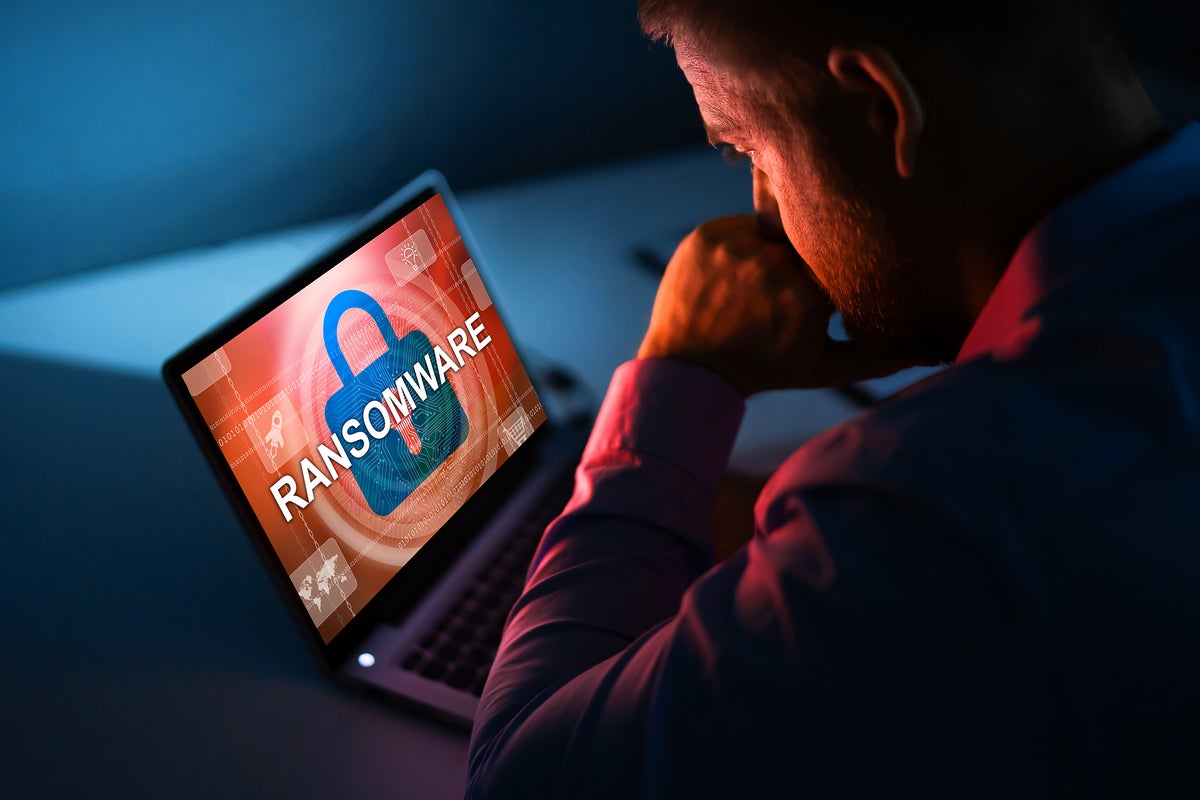Imagine the exhilaration while hackers received a foothold within the laptop gadget of Norsk Hydro, an international aluminum producer. We don’t know when it becomes; however, it is in all likelihood that after inside, they spent weeks exploring this institution’s IT systems, probing for other weaknesses. It was devastating when they eventually released their ransomware attack – 22,000 computer systems were hit across 170 specific websites in 40 unique countries.
Huge aluminum plant life hit via cyber-assault
Chief Facts Officer Jo De Vliegher reopens the ransom notice on computer systems all over the employer. It examines: “Your files had been encrypted with the most powerful navy algorithms… It’s miles impossible to restore the records without our unique decoder.” Production traces shaping molten metallic were switched to manual capabilities; in a few cases, long-retired workers returned to help colleagues run things “the old-style way.”
In many cases, even though production traces needed to stop. Imagine the hacker’s anticipation as they waited to acquire a response to their ransom observation. After all, each minute counts for a modern production powerhouse. They probably think they could call their fee. But the response by no means got here. The hackers were by no means even requested how much money they wanted. Imagine the shock.

It’s been more than three months since Norsk Hydro was attacked, and they’re nevertheless many months away from creating a full restoration. It’s up to value them now extra than £45m. But what they’ve lost in productiveness and sales, they’ve arguably received recognition. The organization’s reaction is described as “the gold preferred” using regulation enforcement organizations and the records safety industry. They do not want to pay the hackers, but they have also been open and transparent with the outdoor world, approximately what is passed off to them.
But numerous other businesses and companies make the other choice, and evidence is growing that ransomware hackers are increasingly being paid off secretly through sufferers – and their coverage organizations – searching out the easy manner out. “It’s become a simple enterprise case for plenty establishments to pay, and at this factor, it is a recognized mystery that this is taking place,” says Josh Zelonis, cyber-protection analyst at Forrester.





